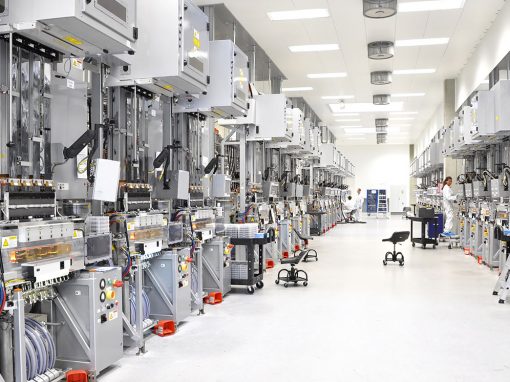
Mobility
Mobility (or smart mobility) refers to the integration of various technologies, data-driven solutions, and innovative strategies to enhance the efficiency, safety, sustainability, and accessibility of transportation systems. It encompasses a range of concepts and initiatives aimed at optimizing the movement of people and goods within urban and rural areas. Key components of smart mobility include:
Data Analytics: Collecting and analyzing real-time data from sensors, GPS devices, mobile apps, and other sources to understand travel patterns, traffic flow, congestion levels, and transportation demand. This data-driven approach enables transportation planners and operators to make informed decisions and optimize system performance.
Connected Vehicles: Equipping vehicles with internet connectivity and communication technologies to enable real-time data exchange between vehicles, infrastructure, and other road users. Connected vehicle technologies facilitate features such as vehicle-to-vehicle (V2V) communication, vehicle-to-infrastructure (V2I) communication, and cooperative adaptive cruise control, enhancing safety, efficiency, and traffic management.
Autonomous Vehicles: Developing and deploying self-driving vehicles capable of navigating roads and interacting with traffic without human intervention. Autonomous vehicles have the potential to reduce accidents, increase roadway capacity, and improve mobility for people with disabilities or limited access to transportation.
Shared Mobility: Promoting shared transportation services such as ride-hailing, car-sharing, bike-sharing, and scooter-sharing to reduce congestion, vehicle ownership, and environmental impact. Shared mobility platforms leverage technology to connect users with available vehicles, optimize routing and scheduling, and facilitate payment and transactions.
Electric Mobility: Encouraging the adoption of electric vehicles (EVs) and electrified transportation infrastructure to reduce greenhouse gas emissions and dependence on fossil fuels. Electric mobility encompasses battery-electric vehicles (BEVs), plug-in hybrid electric vehicles (PHEVs), and hydrogen fuel cell vehicles powered by renewable energy sources.
Integrated Mobility Solutions: Providing seamless and interconnected transportation options through Mobility-as-a-Service (MaaS) platforms that integrate public transit, shared mobility services, bike and scooter rentals, and other modes of transportation into a single, user-friendly interface. Integrated mobility solutions enable travelers to plan, book, and pay for multi-modal trips using a single app or platform.
Smart Infrastructure: Implementing intelligent transportation systems (ITS) and infrastructure upgrades, such as traffic signal optimization, dynamic lane management, smart parking systems, and road condition monitoring, to improve traffic flow, reduce congestion, and enhance safety.
Overall, smart mobility aims to leverage technology, data, and innovation to create more efficient, sustainable, and equitable transportation systems that meet the evolving needs of urban and rural communities. While smart mobility holds the promise of revolutionizing transportation systems, it also presents several challenges and potential issues, including market adoption, integration of infrastructure technologies, cybersecurity, and regulatory and policy challenges, among others.
Red Chalk Group assists companies navigate these challenges and capitalize on emerging opportunities. For example, Red Chalk Group can provide strategic consulting services to help companies develop roadmaps for electrification, including assessing the viability of different technologies and identifying the most effective deployment strategies. We also have experience in developing business models and strategies for shared mobility services, including evaluating potential partnerships and identifying the most profitable revenue streams. Red Chalk Group’s expertise in strategy consulting, technology implementation, and business optimization provides a strong foundation to help companies address this changing landscape.
How can we help?
Get in touch with us if you have questions.



